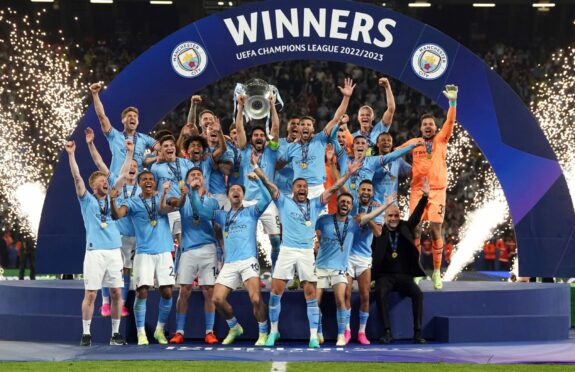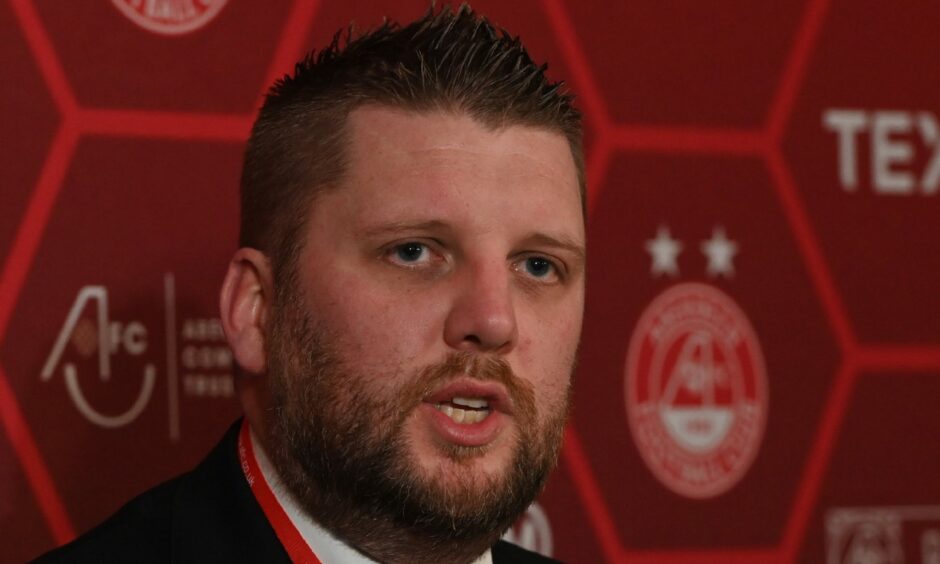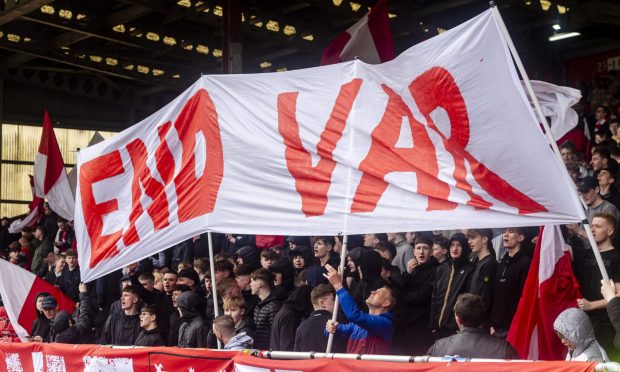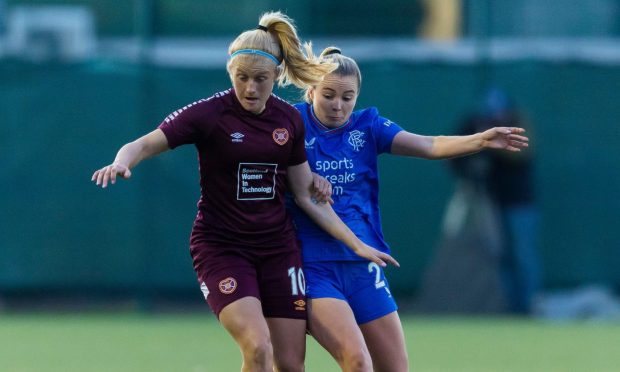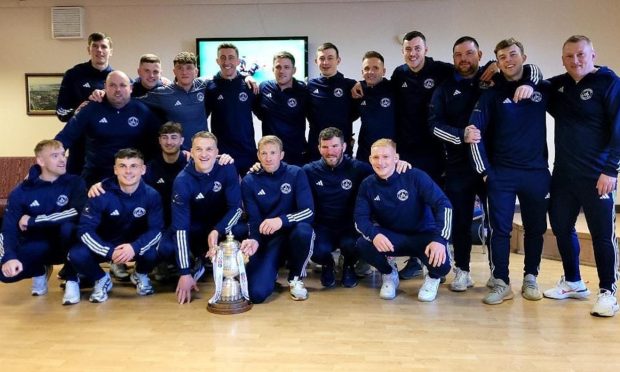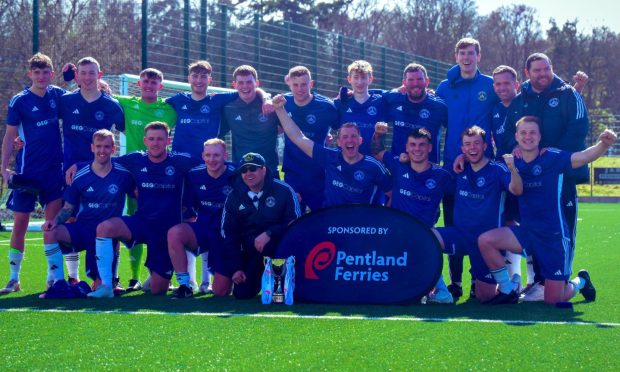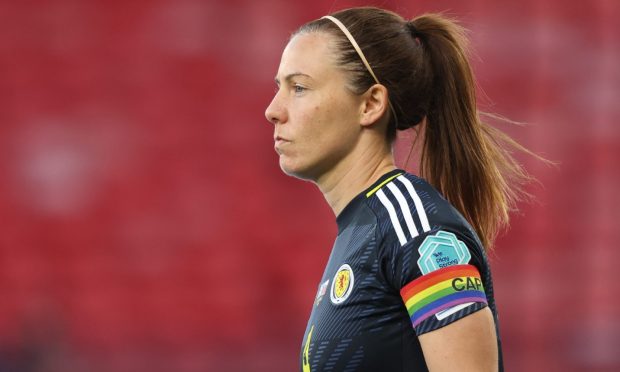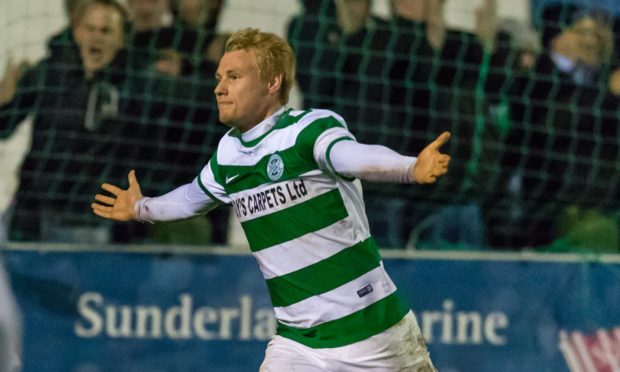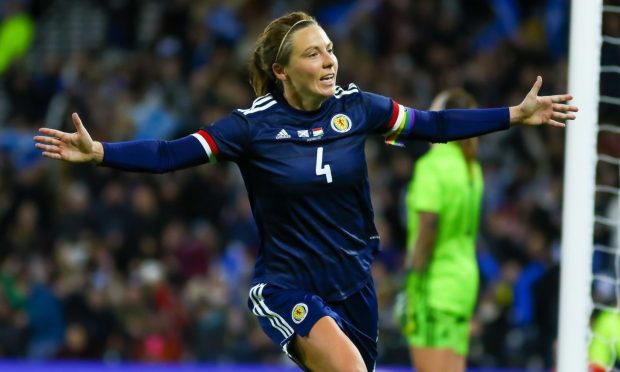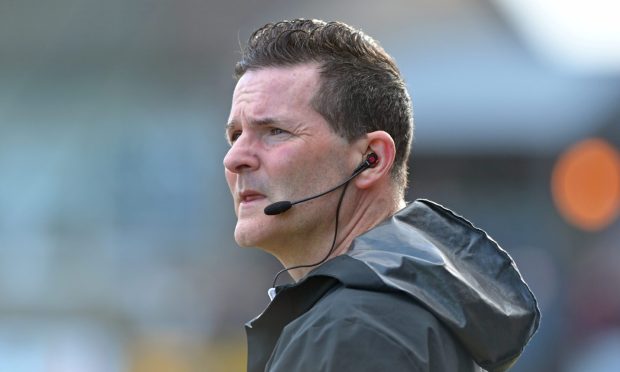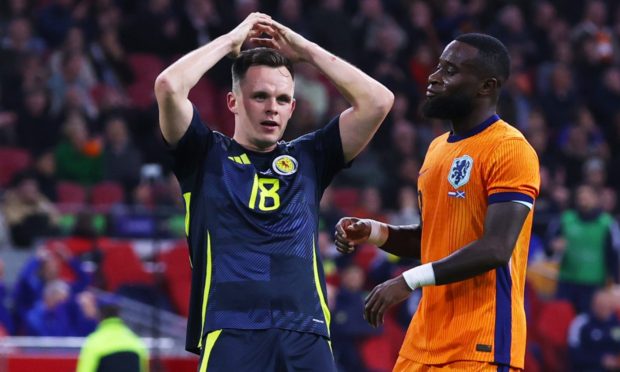There has always been one fundamental truth when it comes to a bully. No matter how much they like to throw their weight around we all know there is someone bigger lurking round the corner.
Scottish football finds itself facing that reality as UEFA’s changing landscape threatens to change the dynamic of club football significantly.
Celtic and Rangers are the big two in Scottish football. They dominate the landscape from where trophies are handed out at the end of the season to commercial and broadcast discussions.
But in European terms, let’s be frank – they are small fish swimming with sharks. Every Scottish club is for that matter.
Scottish success in Europe is measured not by silverware
Sure, there’s the odd run to the latter stages of a European tournament with Rangers’ Europa League final appearance in 2022 the most recent.
It was a commendable effort but Scottish clubs reaching a European final are exceptional circumstances rather than routine.
There have been 10 finals in the history of European football contested by a Scottish club and you have to go back to 1983 for the last time a Scottish club won one of them.
Only three have taken place this millennium. That’s how far the pendulum has swung against even the biggest of clubs our country has to offer.
Celtic and Rangers may harbour a dream of winning the Europa or Conference League but they won’t be contesting a Champions League final anytime soon.
Those European playground bullies are just too big and too strong.
The height of Celtic and Rangers’ European ambition is to reach the group stages of the Champions League and they qualify for the knockout stage.
If they can do that it has been a successful campaign.
For the rest of Scotland’s European representatives the group stages of the Europa or Conference League is their holy grail.
How will Scotland adapt to increasing European demands?
Europe is the be all and end all for the leading clubs in this country. There are untold riches on offer the likes of which Scottish football simply cannot offer.
But the pursuit of it could come at a significant cost for the game as a whole in Scotland.
That’s certainly the impression Aberdeen chief executive Alan Burrows has left after the Dons official made a plea for clubs to act now to protect itself from UEFA’s expansion plans for its club competitions.
Bigger European leagues and more games is coming for participating clubs.
But in Scotland, while the likes of Celtic, Rangers, Aberdeen, Hearts and Hibernian all want to be invited to the party, the ramifications for our leagues could be seismic.
Logic dictates more games in one competition will lead to fewer games being played somewhere else.
That can only be achieved by changing or removing competitions.
Larger top-flight is the logical solution
So, what will the solution be in Scotland? Do we expand the Scottish Premiership to a 16-team league and play 30 games a season?
It seems a sensible option but there are a few questions – and all of them are financial.
For starters will clubs agree to have a smaller slice of the top-flight pie as a consequence of such a change?
Will club chairmen support only one visit from Celtic or Rangers to their stadium a season?
Perhaps more importantly, will the all-powerful TV companies accept only two guaranteed Celtic and Rangers meetings a season to show?
Winning the battle for the hearts and minds of Scottish clubs – many of which have miniscule to non-existent hopes of playing in Europe – is not going to be easy.
As we saw this summer already with the Conference League debacle, where a vote on the introduction of a proposed fifth tier in the game which would have included B teams was shelved due to strong sentiment against it, fans can be a powerful voice when united.
Burrows clearly hopes that same unity can be found within the boardrooms throughout the country.
